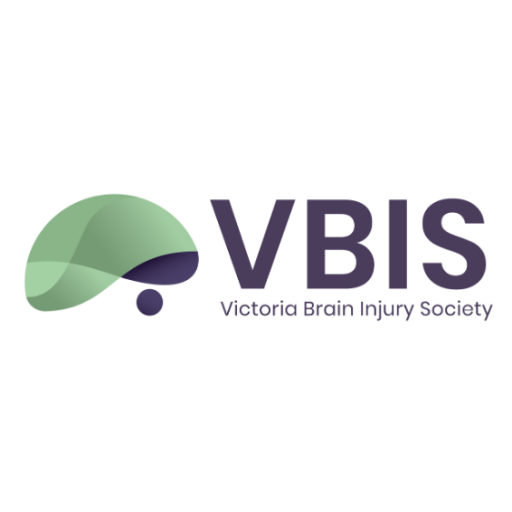additional resources
Concussion & Brain Injury ResourcesAdditional information, materials, and community resources to assist brain injury survivors, their support networks & members of the community in navigating the complexities of brain injury,
Concussion Resources
Always updated concussion information and resources that are important for parents, coaches, and…
The Basics
Essential information about the causes, effects, and recovery process for concussions & brain injuries.
The Community
A list of other brain injury associations, community groups, and local resources that can offer support.
The Blog
All of our recent articles, press releases and audio-visual content in one convenient place!
Don't See What You're Looking For?
Help us make our resource page as useful as possible by getting in touch.
Concussion Resource Bank
Want information specific to concussions? Find stats, symptoms, and resources here.
Experiencing a crisis?
If you require urgent emotional support, mental health assistance, or are having thoughts of suicide, please call Vancouver Island Crisis Line.
Victoria Brain Injury Society
Units C, D & E 830 Pembroke Street
Victoria, B.C. V8T 1H9
Phone: 250-598-9339
Email: admin@vbis.ca
The Victoria Brain Injury Society (VBIS) is situated on the traditional territories of the Lək̓ʷəŋən (Lekwungen) Peoples. We recognize and express gratitude to the Peoples and Nations in our community, and those throughout the regions we service.





